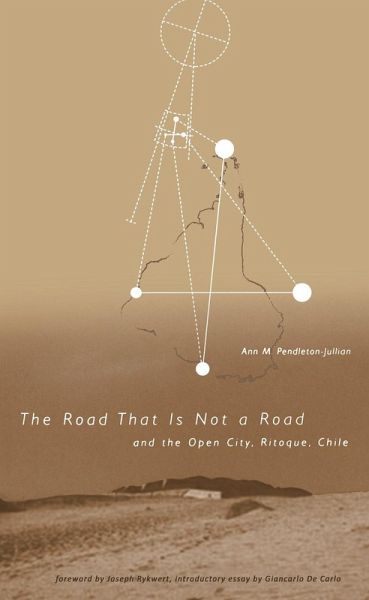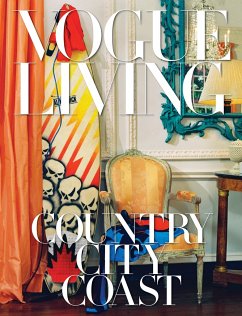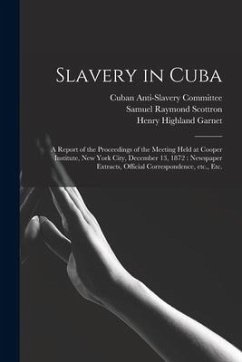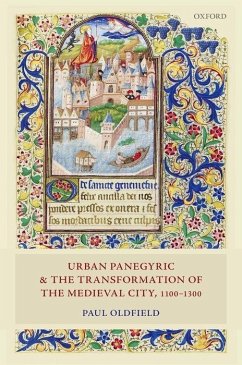
Road that Is Not a Road and the Open City, Ritoque, Chile
Versandkostenfrei!
Versandfertig in 1-2 Wochen
32,99 €
inkl. MwSt.

PAYBACK Punkte
16 °P sammeln!
Several thousand miles south of the equator, along the Pacific coast of South America, is the site of the Open City Amereida. It is a laboratory for thought and work, conceived and built by the faculty of architecture of the Catholic University of Valparaiso. Ann Pendleton-Jullian tells the story of the Open City in Ritoque, Chile, a designed city still in formation that has no master plan, no imposed ordering devices, and no hierarchical networks of infrastructure. The strange buildings placed among dunes and grasslands reflect instead the mind's translation of urban phenomena and natural phe...
Several thousand miles south of the equator, along the Pacific coast of South America, is the site of the Open City Amereida. It is a laboratory for thought and work, conceived and built by the faculty of architecture of the Catholic University of Valparaiso. Ann Pendleton-Jullian tells the story of the Open City in Ritoque, Chile, a designed city still in formation that has no master plan, no imposed ordering devices, and no hierarchical networks of infrastructure. The strange buildings placed among dunes and grasslands reflect instead the mind's translation of urban phenomena and natural phenomena relative to the construction of memory, and a process of composition that is not dependent on stylistic precedents, drawing boards, or academic discourse. Teaching takes place on site and employs poetic methods to activate the design process; the endeavor is considered more important than the result. Pendleton-Jullian discusses influences behind the Open City - the work and working methods of Surrealist French poets, the words and creative attitude of Le Corbusier, the heritage of the South American landscape and culture.














